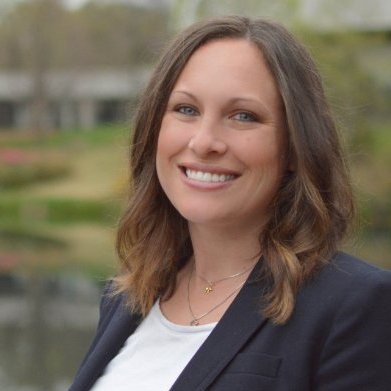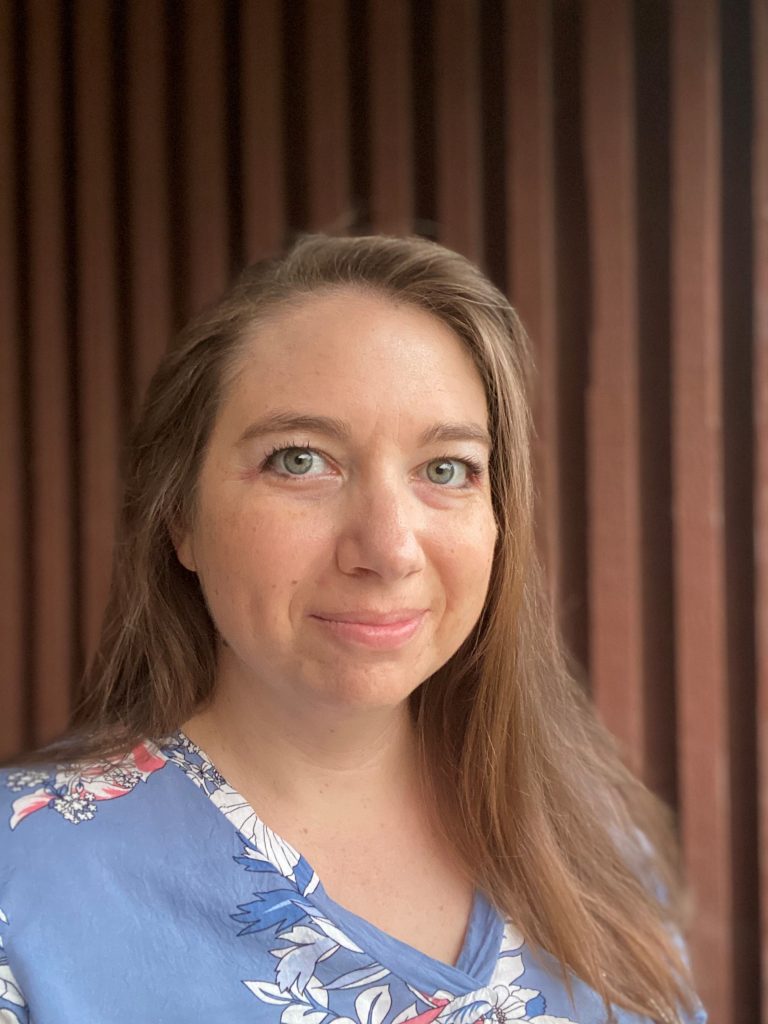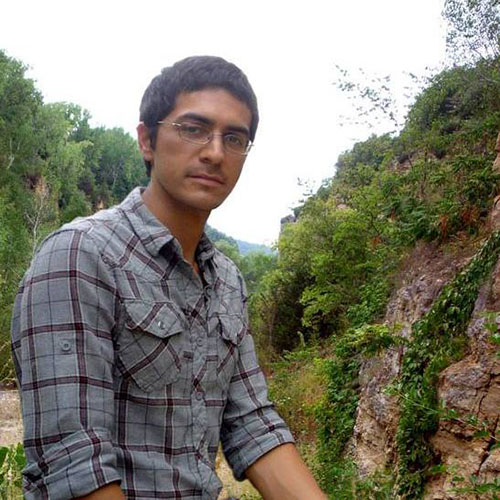National Association for the Practice of Anthropology
NAPA Career Profiles: Jen Cardew Kersey
Jen Cardew Kersey is a former graduate of the University of North Texas, where she received her MA in Applied Anthropology. A member of the first class to enter UNT’s online Master's Program, Jen did her research comparing the experiences of online, and on-campus graduate experiences.
- ByNicole Conand
- On
“I was lucky enough to go through two applied departments that focused on training for practitioners, so I left school very ready to handle clients, scope realistic research, work with others and have a small knowledge of business skills.”
After graduating, Jen began working as a research consultant. Starting in a small boutique firm, and working her way into a global advertising agency.
“I was bold when I was younger, simply out of naiveté. I got into every meeting I could, did a lot of my own participant observation and absorbed everything. I volunteered for every project I could and in every role I could. I worked long hours after getting myself in too deep sometimes. I reached out to my network for resources, questions and support. The first few years are hard. But it is so worth it when you hear a friend or family member raving about something and then getting to say “I worked on that. I was a part of that.”
Jen now has over six years of experience in design and strategy research, completing projects for such clients as Microsoft, Target, Bed Bath & Beyond, Mattel and a slew of others.
“I love understanding clients’ business problems, and translating that into a research approach. Going out and spending time with users, and ultimately supporting the creation of something that fits into our users’ lives, rather than something we try to get users to fit into. I work in multi-disciplinary teams and find the collaboration of the different lenses and skills powerful when it comes to creating awesome experiences for users. Some of my favorite moments have come from taking clients and colleagues into the field and watching as their assumptions are challenged, their empathy develops and they have those a-ha moments.”
Jen credits anthropology with not only shaping her career, but also shaping who she is personally. The foundational knowledge of methods, theories and history, allows her to see the world differently from other disciplines, which she says become crystal clear when working on multidisciplinary teams.
“Once you learn these things, you use that knowledge without consciously thinking of it. I never put theoretical frameworks in front of clients, but I most certainly use them to inform my approach and analysis. I use abbreviated versions of our traditional methodologies. My anthropology looks different from Boas’ anthropology, but it is anthropology none-the-less.”
Jen strongly values how anthropology unconsciously informs her approach to new situations, and feels it is distinctly different from that of other backgrounds such as business or marketing.
“When I enter on to a new project I tend to take a passive observer role at the very beginning. I am usually the research lead so I do have to balance observer with leader. Once I get the feel for the team, the rhythm, the ways in which they do things, and the processes, I start to become more active (sound familiar?). Then I start to ask a lot of questions so that I clearly understand the clients’ needs, my team’s needs, and the problems at hand. Once I have that knowledge, I create a research approach that will answer our research questions, and will fit within the timeline and budget and get out into the field for some deep hanging out with users. What is familiar to us is not as familiar to others. I see people join projects without regard to the existing culture and I see people start working without clear understandings of the stakeholders’ interests and the research problems all the time.”
In addition to her work as a consultant, Jen has always been involved with the larger community of anthropology through volunteering and mentoring. Early on, she helped launch the SfAA Podcast Series, has developed two internship programs, and was previously the Chair of the Communications Committee for NAPA. Jen finds this kind of involvement critical for new practitioners, as a strong network can provide the support necessary to get a career going.
“Having a network is incredibly important, in having mentorship, resources, not feeling alone outside of academia, and in finding jobs. Also, take advantage of internships and class projects. Any research experience you can get is incredibly helpful when it comes to getting a job and being successful in that first job. If you have research experience from school, consider adding it to your resume and creating a portfolio. Downplay the fact it was a class project and emphasize what you did and why you did it. Stay naive and always be a wide-eyed-observer.”
These brief interviews of some key anthropological practitioners appeared on the NAPA LinkedIn pages (2013); subsequent interviews were posted on the NAPA blog (2014). They are listed here by the most recent interviews. The interview series was produced by NAPA Communications Committee members Kristin Keller and Nicole Conand.



